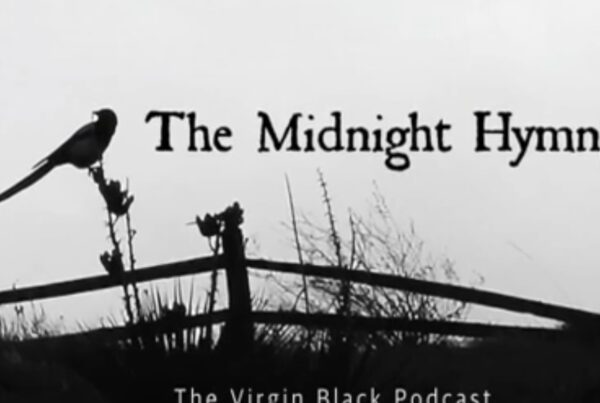In all areas of music publishing and distribution there are a number of acronyms that are crucial to each song’s existence in the global system. In this article, we take a look at some of the more important ones, and explain how they affect things.
So let’s have a look at them and understand why you need them.

ISRC
An ISRC is simply an acronym that stands for International Standard Recording Code. Every song or sound recording in the world must have one assigned once it is ready for release on the commercial market.
An ISRC consists of a unique 12-digit alphanumeric code that can only be assigned to one version of a song or sound recording, and of course, one song only. Think of it as a ‘digital fingerprint’ that identifies a specific sound recording and distinguishes it from any other sound recording in the world.
Obviously, no two songs, or sound recordings in the world can have the same ISRC, nor can different versions of the same song. If a song has an alternate version, or a remastered version, then a new ISRC must be assigned to that alternate version.
These codes are used to monitor specific information that has been documented about that recording. While some might think of this as metadata, and there are correlations, they are still separate from each other.
If we just talk about songs for now, and you are ready to upload a song into the digital world, then at some point your song is going to need an ISRC assigned to it. This is usually done by your distributor like Dark Escapes Music. In addition to all of this, and most importantly from your perspective, without an ISRC assigned, songs cannot collect any royalties. Now that’s something to consider.
ISWC
The ISWC stands for International Standard Music Work Code. Of course, the term ‘Musical’ is not used in the acronym itself. Again, much like the ISRCs, this code is used globally for identifying each unique musical works, and mostly used in the music publishing sectors.
ISWCs must also be used once only, and cannot be assigned to two different works. If a musical work has an alternate version, translation or adaptation, then a new code must be assigned to each version.
These codes are assigned by a Performance Rights Organisation (PRO) when registered by a publisher or admin publisher like Dark Escapes Publishing. The code, again like ISRCs, represents important data that has been documented and retained by the publisher regarding a specific works.
UPC
A Universal Product Code (UPC) is simply a code for each product being distributed, whether digitally, or physically. Each Single, EP, Album, or other product being released individually invariably has a UPC assigned to it.
Think of it like the barcode on each product you buy at the supermarket, or a code for each product at any other shop. In music, it’s no different, and UPCs are used to identify a specific product and distinguish it from any other.
UPCs are assigned by a distributor like Dark Escapes Music each time a product is being distributed. That distributor also documents certain information about the product, which is often required by outlets like Apple Music, Spotify, and other Digital Service Providers (DSPs).
If you found this article helpful, then be sure to check out the many other articles from Dark Escapes relating to the music industry. If you want to know more, or you need publishing/distribution support for your music, then email us at Dark Escapes.



